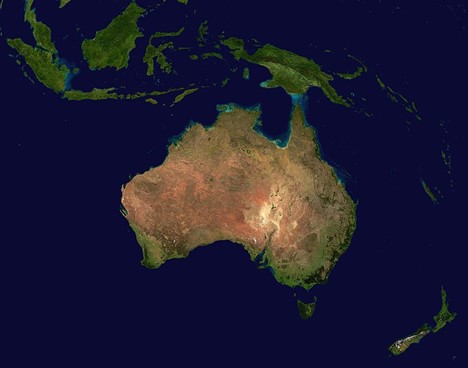On September 27, 2019 CSPS hosted our second annual symposium, Navigating the Nuclear Future, emphasizing the security issues that nuclear weapons and energy pose to the international system. The first panel addressed nuclear agenda of great powers, such as the US, Russia, and China. The discussion was moderated by Schar Professor Trevor Thrall, and included Lieutenant General (Ret.) Frank Klotz, Brigadier General (Ret.) Peter Zwack, and Schar Professor Ketian Zhang.
The second panel focused on nonproliferation tactics and strategies. The discussion highlighted the challenges that Iran and North Korea pose to preventing the spread of nuclear weapons, and the impact the US’s role in the international system. The discussion was moderated by Schar Professor Gregory Koblentz and included Alexandra Bell, Suzanne DiMaggio, and Leonard Spector.
The third and final panel focused on the relationship between nuclear technology and nonstate actors, the interplay between cyber security and nuclear vulnerabilities, and the role that nuclear energy can play in the future. The discussion was moderated by CSPS’s Director, Ellen Laipson, and included Dr. Brian Mazanec, Andrew Paterson, and Ambassador (Ret.) Laura Holgate.
Conference Report
The Navigating the Nuclear Future Conference Report can be downloaded here.
YouTube Index
Panel One: The Great Powers and the Nuclear Agenda
Panel Two: The NPT and its Limitations
Panel Three: Connecting the Dots–Nuclear Technology and the Transnational Threat Environment
The Complete Symposium Playlist
PROGRAM
8:30-9:00 Breakfast and Registration
9:00-10:30am Panel One:
The Great Powers and the Nuclear Agenda
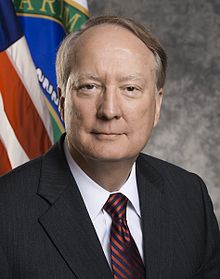
Lieutenant General (Ret.) Frank Klotz was the Department of Energy’s Under Secretary for Nuclear Security and the Administrator of the National Nuclear Security Administration. He was the Director of NNSA from 2014-2018. He has also served as the Commander of Air Force Global Strike Command, as the Director for Nuclear Policy and Arms Control on the National Security Council, and as a Senior Fellow for Strategic Studies and Arms Control at the Council on Foreign Relations.
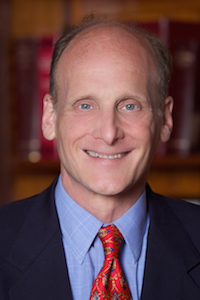
Brigadier General (Ret.) Peter Zwack has formerly served as US Senior Defense Official and Attaché to the Russian Federation. He is the recipient of the Distinguished Service Medal, Legion of Merit, Defense Superior Service Medal, and many other awards and citations. He currently serves as a Senior Research Fellow at the Center for Strategic Research at the National Defense University.
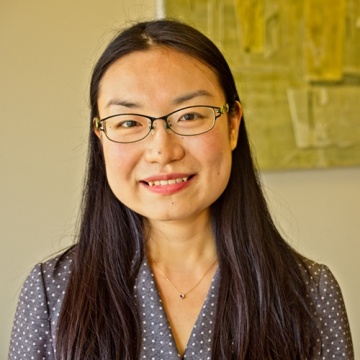
Dr. Ketian Zhang is an Assistant Professor of International Security in the Schar School of Policy and Government at George Mason University. She received her PhD in Political Science at the Massachusetts Institute of Technology in 2018. Zhang’s research focuses on rising powers, coercion, economic statecraft, and maritime disputes in international relations, with a focus on China and East Asia.
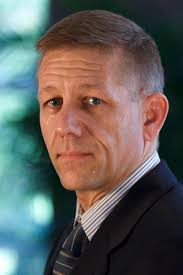
Dr. Trevor Thrall (moderator) is a Senior Fellow for the Cato Institute’s Defense and Foreign Policy Department and an Associate Professor at the Schar School of Policy and Government at George Mason University. Thrall’s research includes work on shifting American attitudes toward foreign policy, an analysis of the role of arms sales in US foreign policy, and US grand strategy. Thrall received a PhD in Political Science from Massachusetts Institute of Technology.
10:30-12:00 Panel Two:
The Challenges and Opportunities of the Nonproliferation Regime
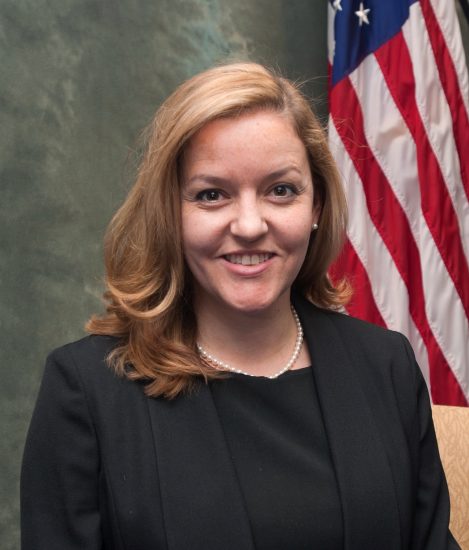
Alexandra Bell is the Senior Policy Director at the Center for Arms Control & Non-Proliferation. She has previously served as a Senior Advisor in the Office of the Under Secretary of State for Arms Control and International Security. She has also worked on nuclear policy issues at the Ploughshares Fund and the Center for American Progress. Bell received a master’s degree in International Affairs from the New School.

Suzanne DiMaggio is a Senior Fellow at the Carnegie Endowment for International Peace where she focuses on US foreign policy toward the Middle East and Asia. She directs the US-Iran Initiative, and is currently directing a US-DPRK dialogue. She is the Chairman of the Quincy Institute and an associate senior fellow at the Stockholm International Peace Research Institute. DiMaggio received a master’s degree from City College of New York.
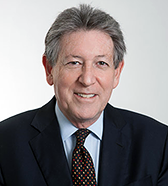
Leonard S. Spector directs the Washington, DC, office of the Middlebury Institute of International Studies’ James Martin Center for Nonproliferation Studies. The author or co-author of eight books and numerous articles on nonproliferation, he has previously served as an Assistant Deputy Administrator for Arms Control and Nonproliferation at the National Nuclear Security Administration. He has also served as Chief Counsel to the US Senate Energy and Proliferation Subcommittee. Spector received a JD degree from Yale Law School.
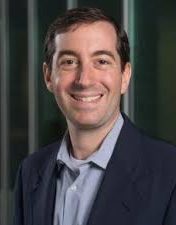
Dr. Greg Koblentz (moderator) is a member of the Scientist Working Group on Chemical and Biological Weapons at the Center for Arms Control and Nonproliferation and Associate Professor of Biodefense in the Schar School of Policy and Government at George Mason University. He has previously served as a Stanton Nuclear Security Fellow at the Council on Foreign Relations, and has worked on the Nuclear Nonproliferation Project at the Carnegie Endowment for International Peace. He received a PhD in political science from the Massachusetts Institute of Technology and a MPP from the John F. Kennedy School of Government at Harvard University.
12:00-1:00 Lunch and Networking
1:00-2:30 Panel Three:
Connecting the Dots: Nuclear Technology and the Transnational Threat Environment
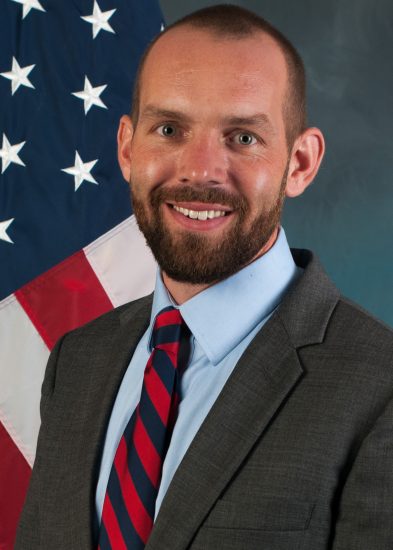
Dr. Brian Mazanec is a Director in the Government Accountability Office’s (GAO) Defense Capabilities and Management team, where he leads the Strategic Warfare and Intelligence portfolio, which focuses on a range of diverse and emerging threats and capabilities. He has also served as an Acting Director in GAO’s International Affairs and Trade Team, where he led the agency’s International Security portfolio. Mazanec received his PhD in biodefense from George Mason University and a master’s in Defense and Strategic Studies form Missouri State University.
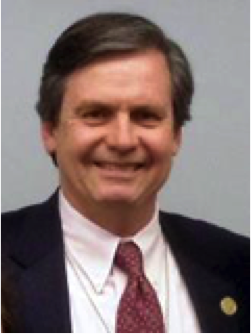
Andrew Paterson is a principal and board member of Environmental Business International. He also serves as a Senior Fellow at the U.S. Nuclear Industry Council. From 1997-2006, he worked in the Policy Office of the US Department of Energy, including the DOE Loan Program. Paterson received a master’s degree in Public Policy from George Mason University in 2015 (awarded Scholar of the Year in 2013) and is currently working on a PhD in Nuclear Energy Policy and Finance issues at George Mason.
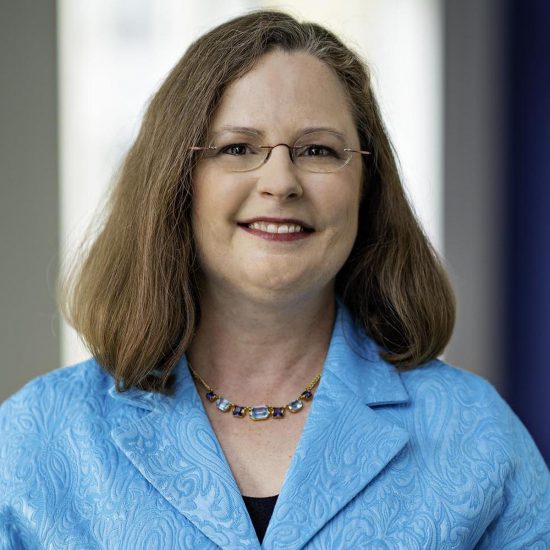
Ambassador (Ret.) Laura Holgate is the Vice President for Material Risk Management at Nuclear Threat Initiative. She has previously served as US Representative to the Vienna Office of the UN and the International Atomic Energy Agency. She has also served as special assistant to the president and senior director for weapons of mass destruction, terrorism, and threat reduction on the US National Security Council. Holgate received a master’s from Massachusetts Institute of Technology.
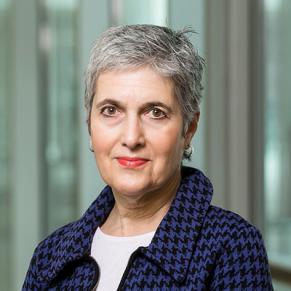
Ellen Laipson (moderator) is the Director of the Master’s in International Security degree program and the Director of the Center of Security Policy Studies at Schar School of Policy and Government at George Mason University. She was the President of the Stimson Center from 2002-2015. She served in the US government for 25 years in a variety of positions, the last being Vice Chair of the National Intelligence Council from 1997-2002.


